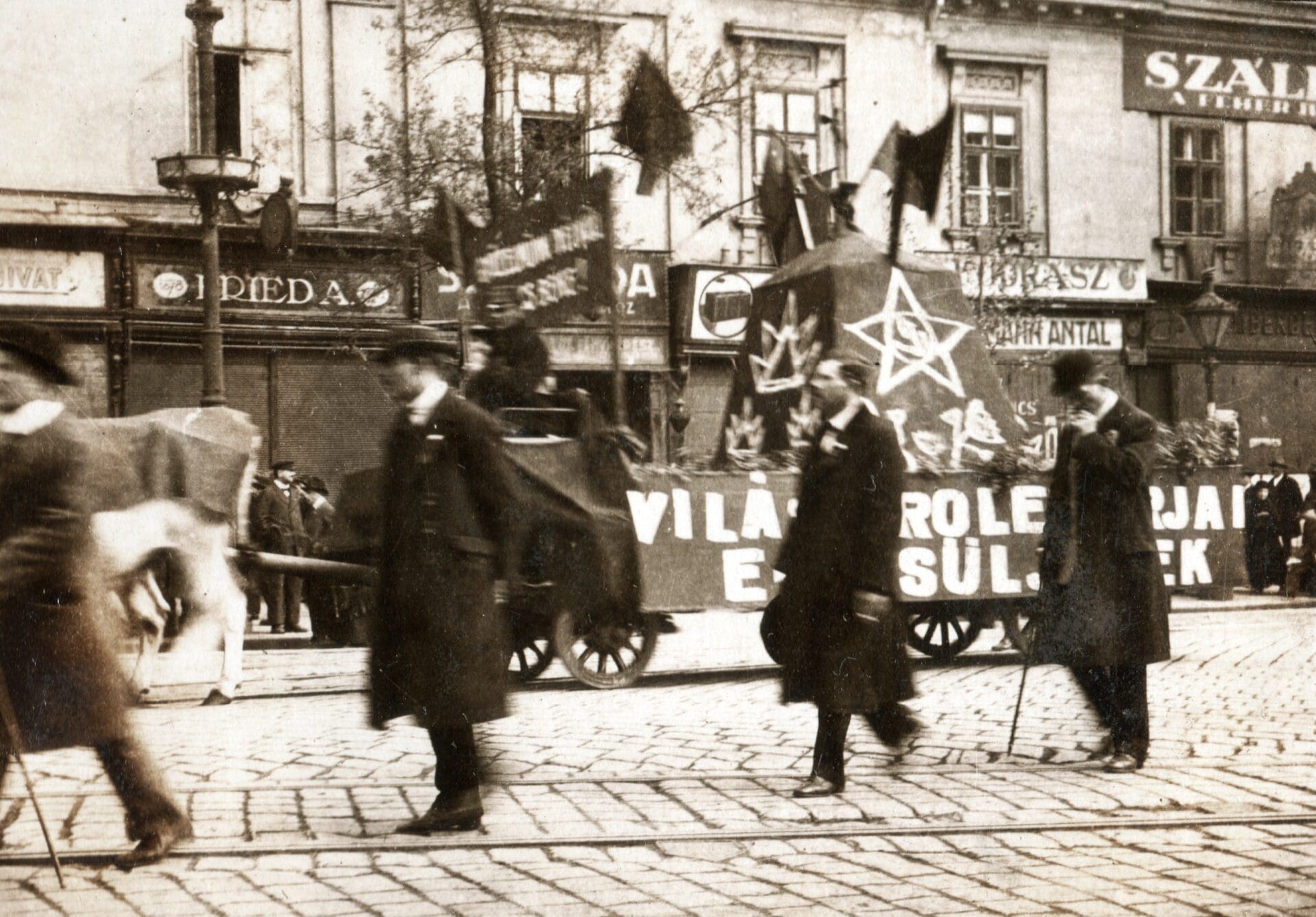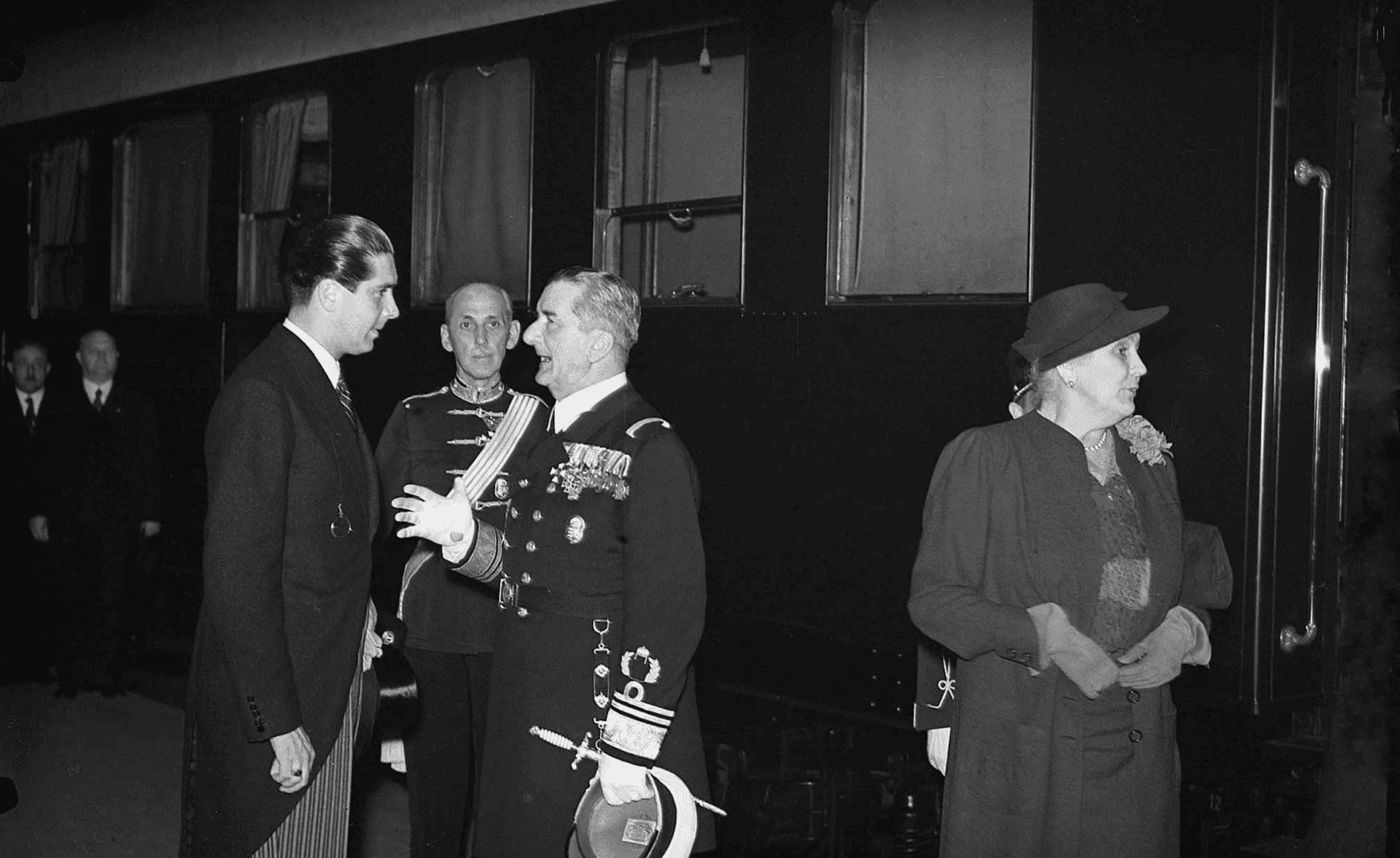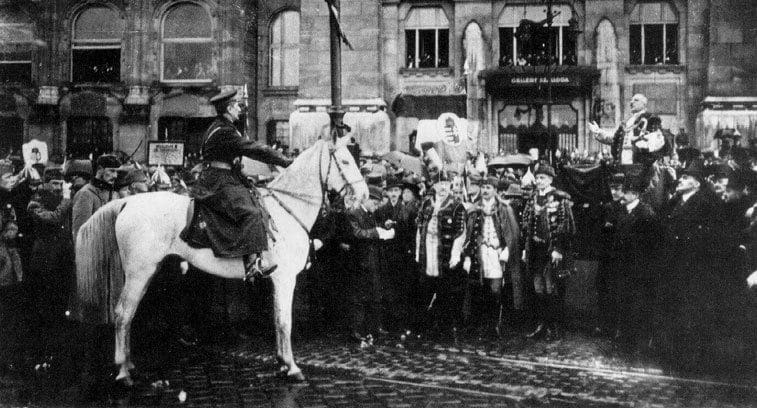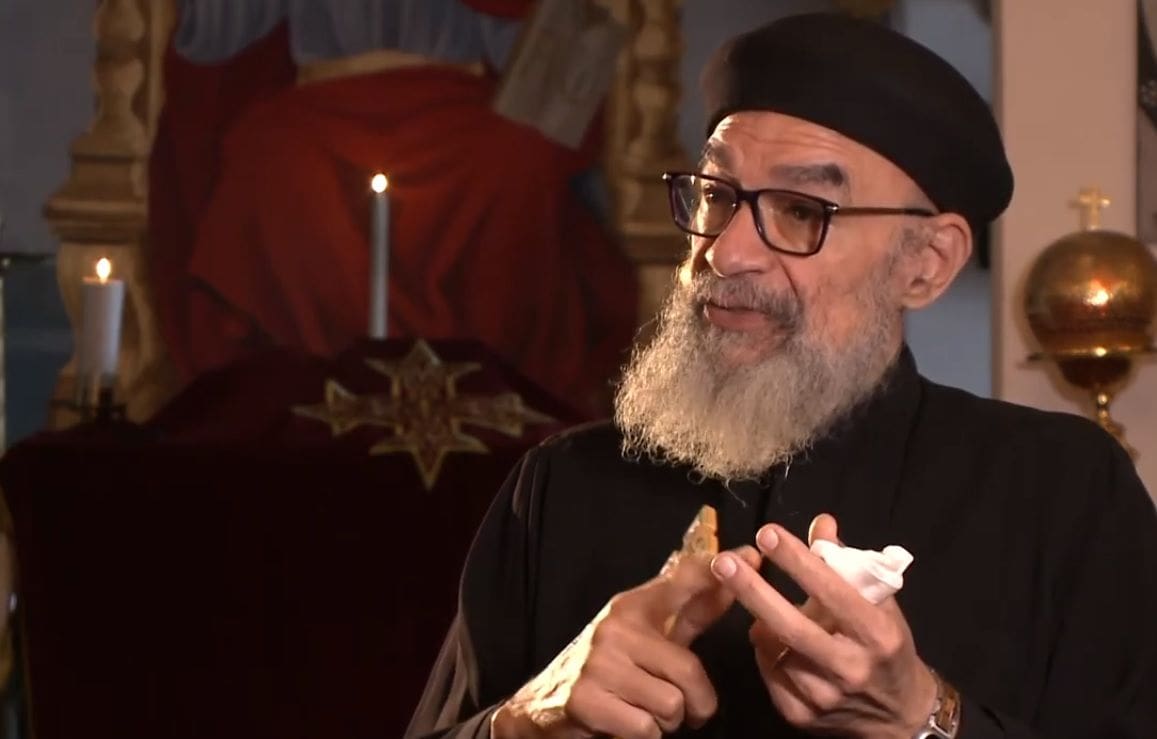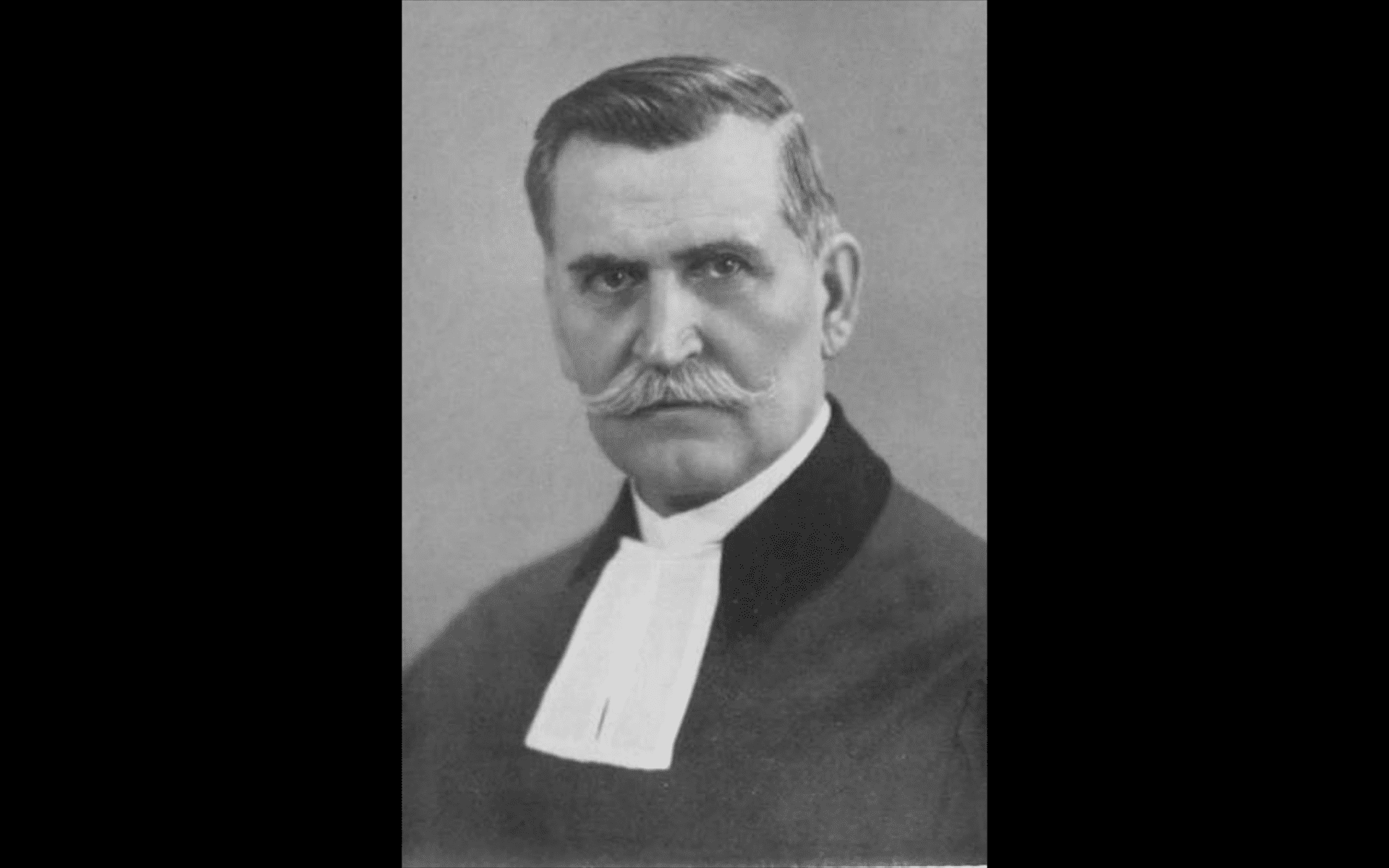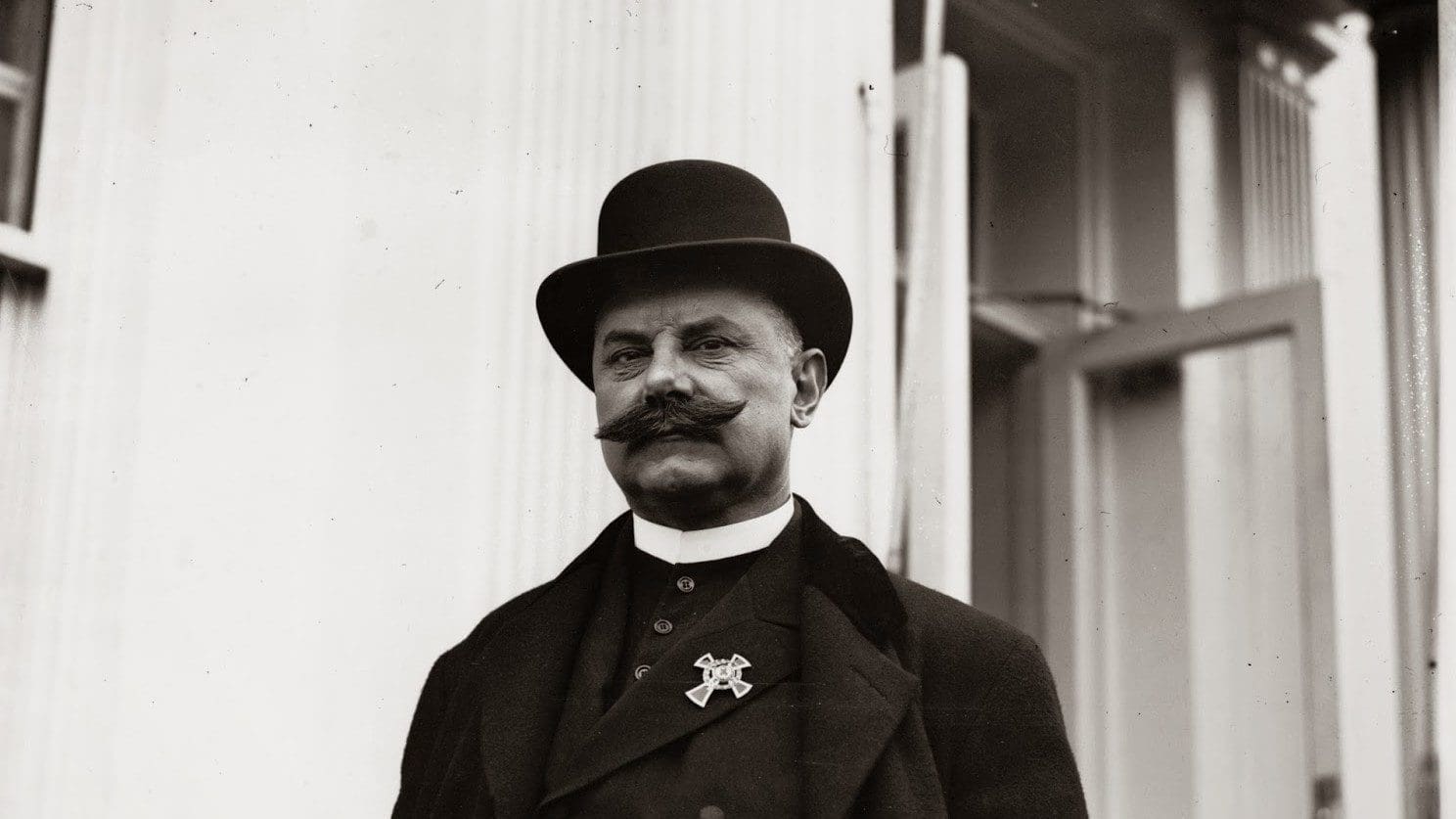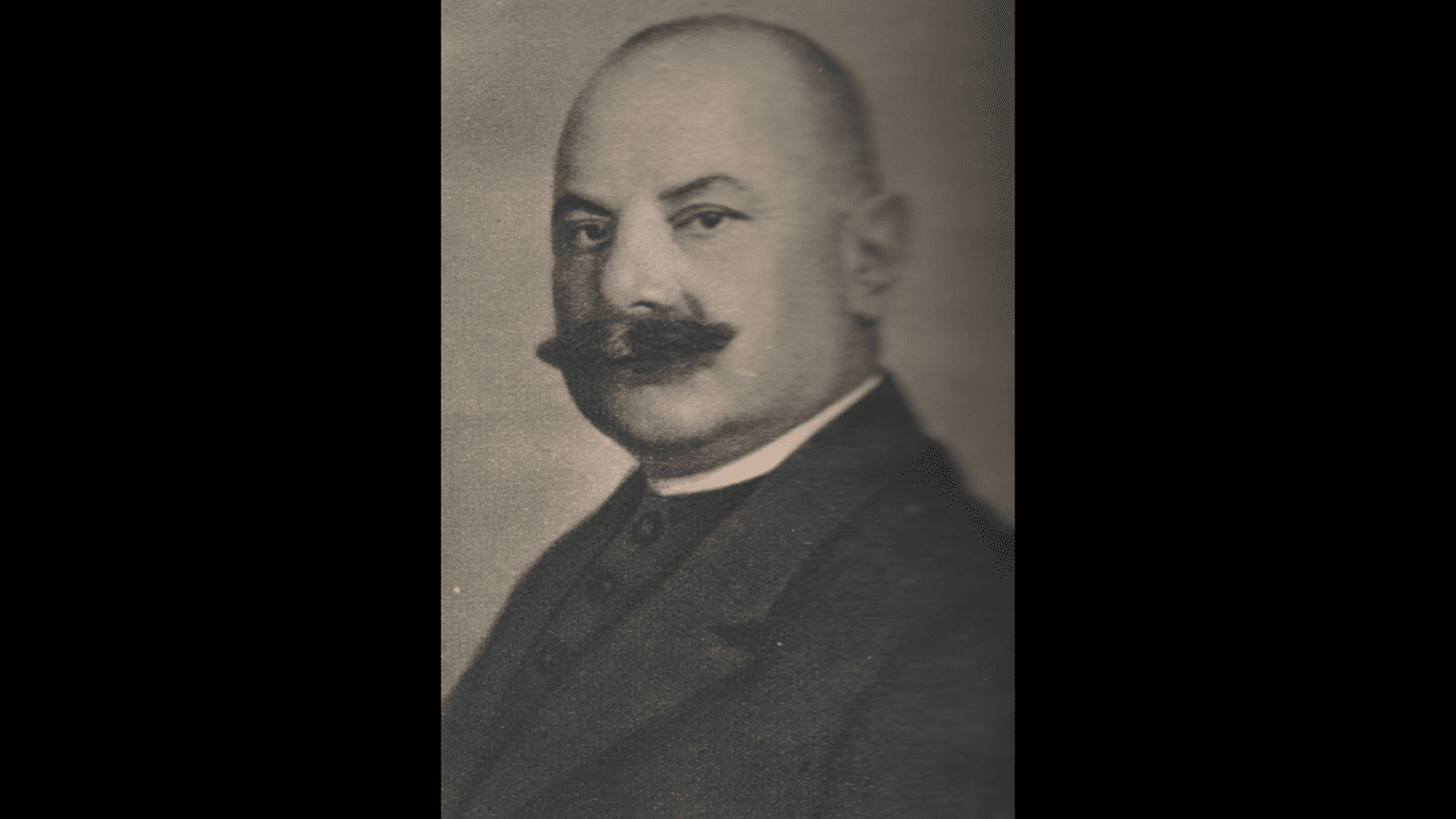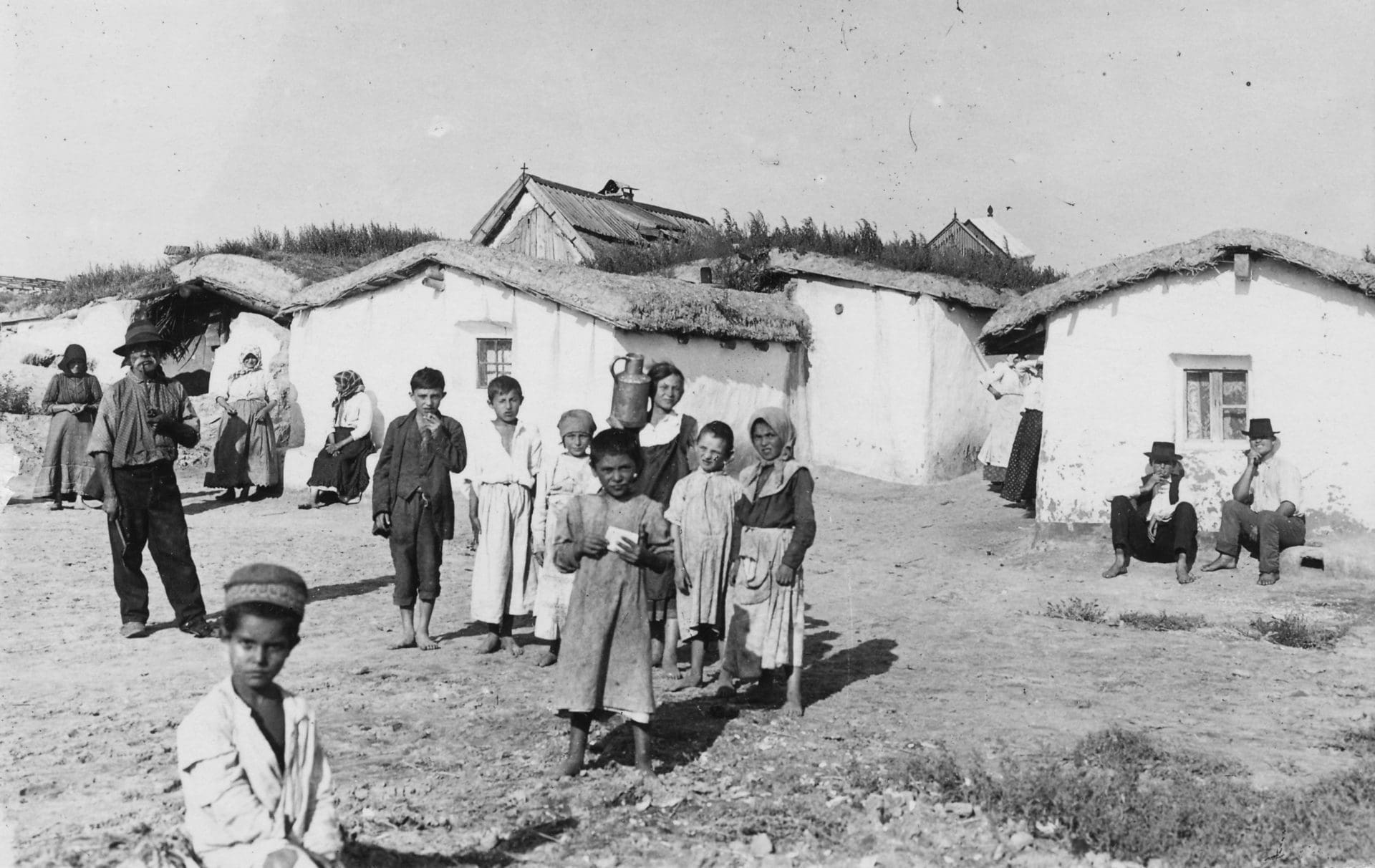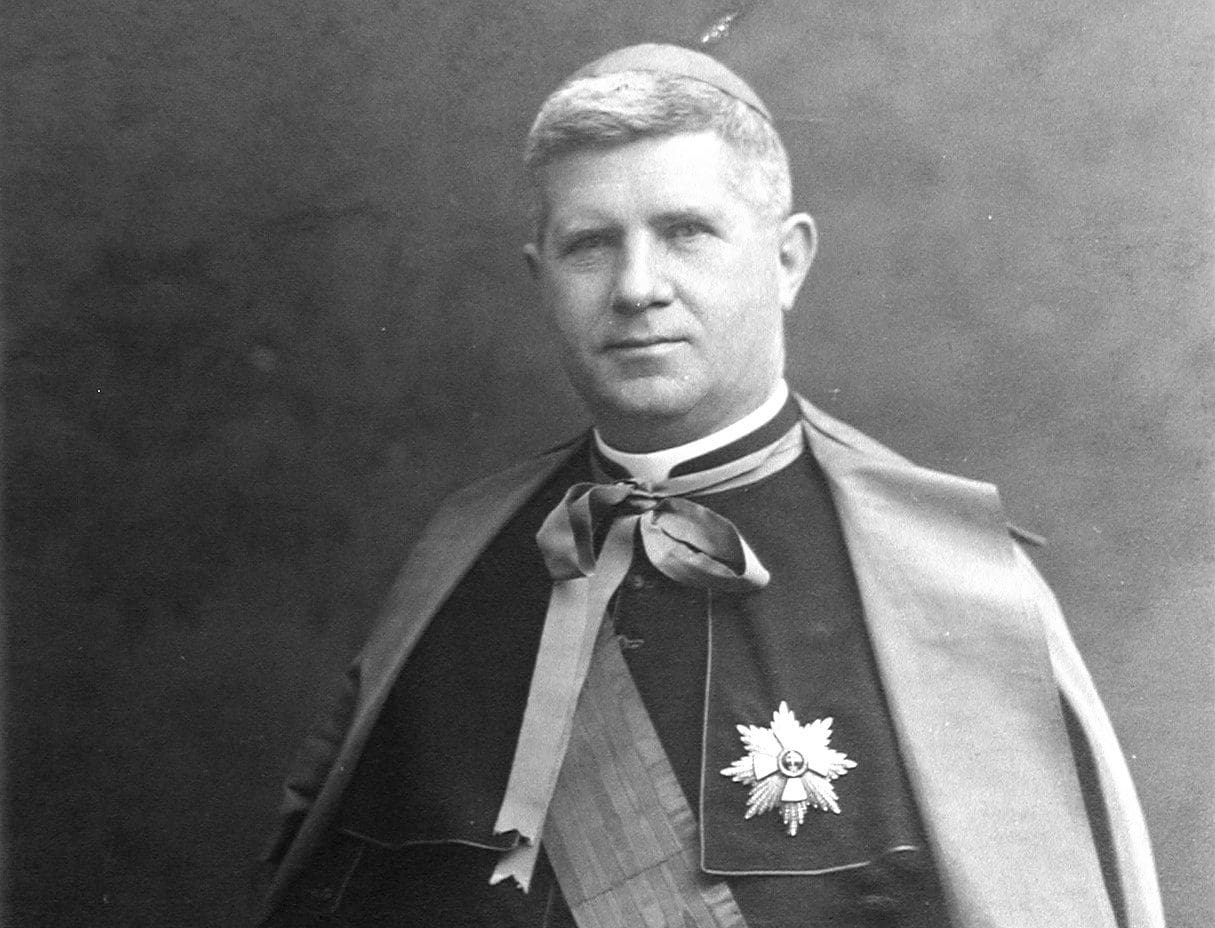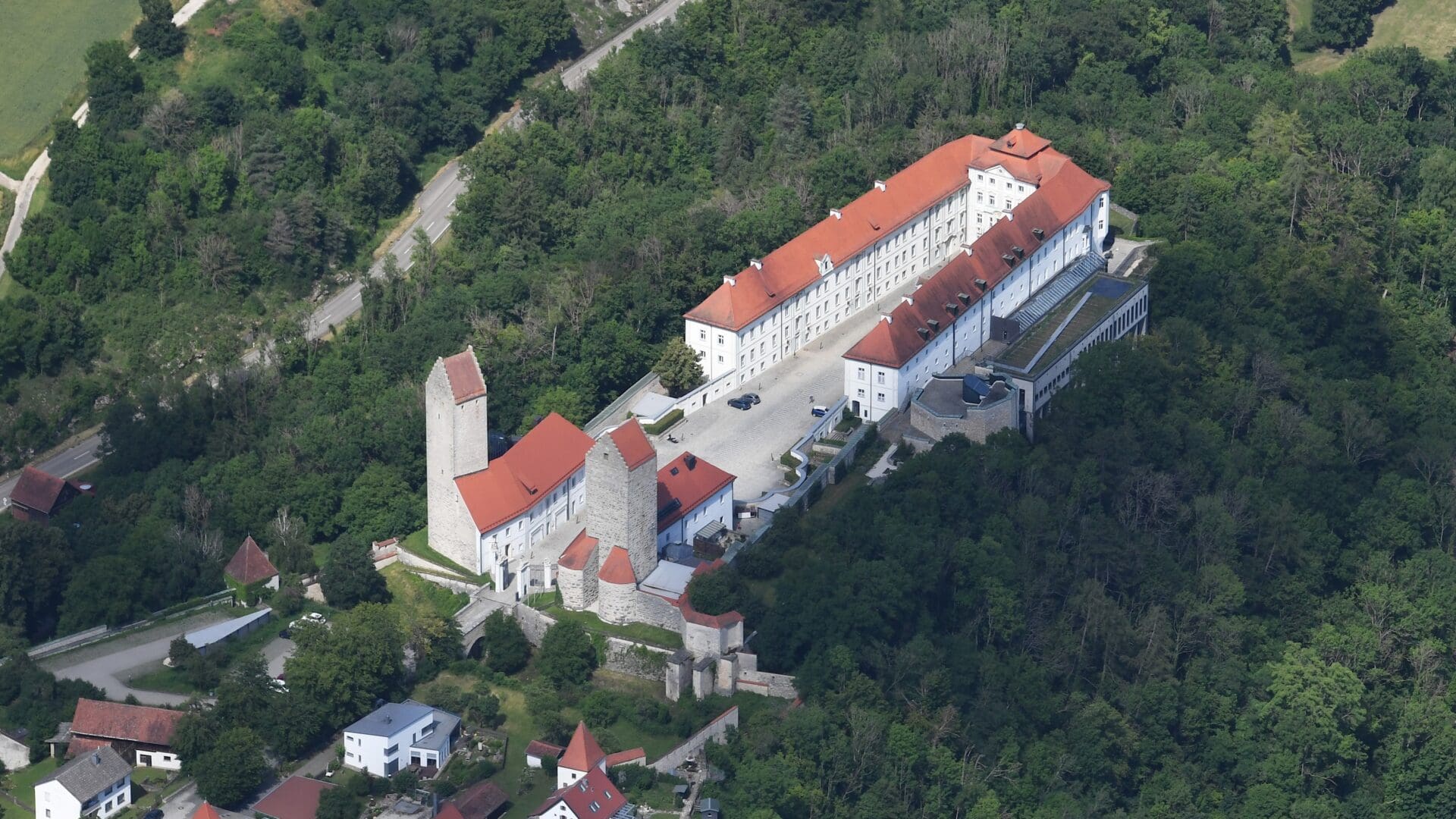
Regent Horthy’s Israeli Friend Reuven Hecht and His Efforts to Help the Horthy Family
Reuven Hecht was a right-wing Zionist who worked with the revisionist movement’s founding father, Ze’ev Jabotinsky, and after the founding of the state, became an Israeli entrepreneur and right-wing politician. Today, a museum and park in the Jewish state bear his name. After trying to help the Horthy family obtain a Swiss visa, he remained in correspondence with them until his death in 1993.

